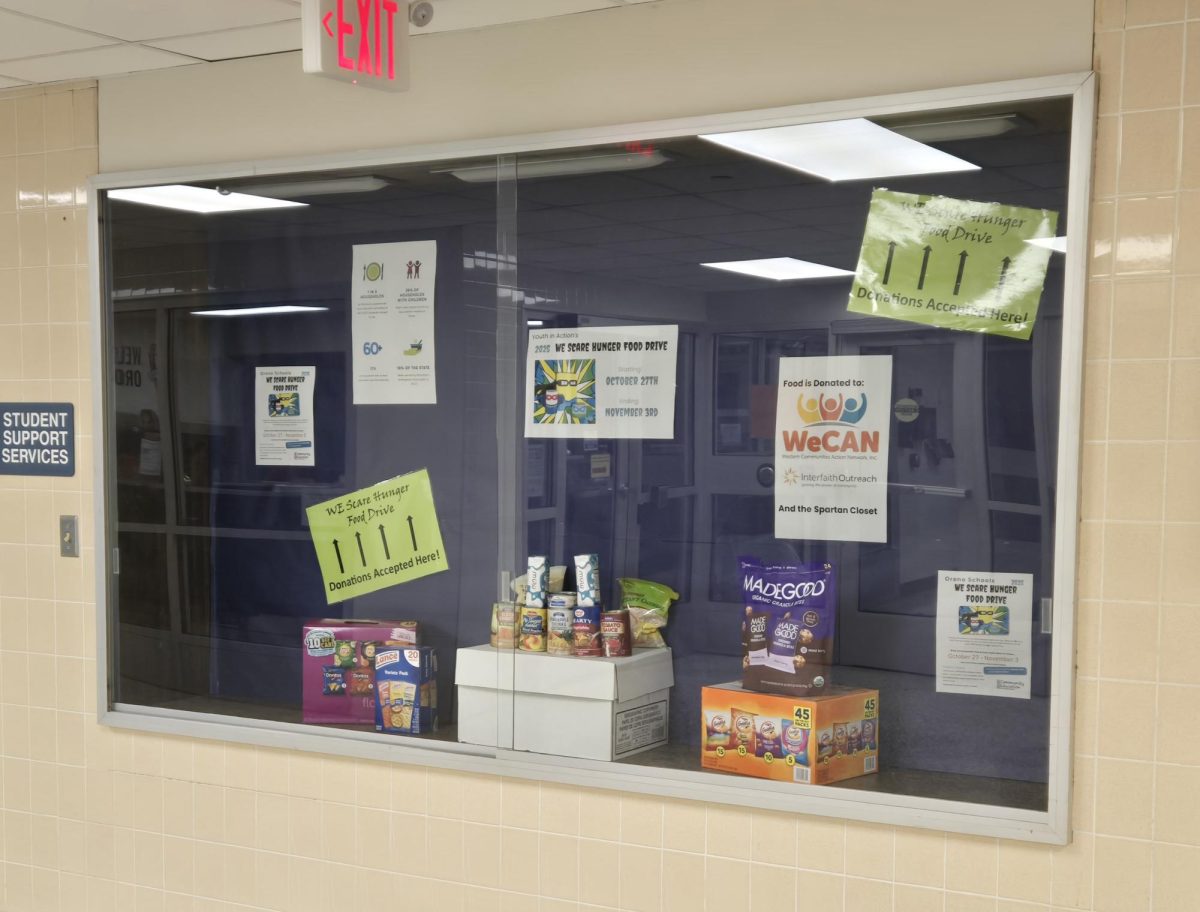How long did your resolution last?

Time square ball drop taking place on December 31, 2018.
Did you make a resolution for 2019? Maybe, maybe not. Although be warned, about half of all adults make New Year’s resolutions, yet fewer than 10 percent manage to keep them for more than a few months, according to IFL Science.
New Year’s resolutions are common traditions around the world. Making a resolution to better oneself in the New Year can be incredibly beneficial.
“I decided to cut dairy and gluten from my diet because it makes me sick but it’s very good so my resolution didn’t last the entire year,” math teacher Virginia Enfield said.
The most popular resolutions have to do with health and wellness which make up 55 percent of all resolutions, according to PSMag. These resolutions–such as goals to exercise more, get organized or spend more time with family–are great…but how long do they actually last?
“My New Year’s resolution was to eat less chocolate, but unfortunately that only lasted 2 weeks. I didn’t have the willpower to keep it up,” senior Emma Dalton said.
77 percent of people fail at their New Year’s resolutions within the first week, and that figure falls to 46 percent after six months, according to University of Scranton. The rate of keeping resolutions decreases at a fairly high rate, and the question is: How do we do it? How can we stick to our resolutions?
Tips to making the right resolution.
Start small: Don’t start too big, keeping resolutions you can keep is the best bet. If your resolution is to get into better shape, don’t make a resolution to go to the gym seven times a week. Try going 3 days a week instead–your goal is still being met in an attainable way.
Change one behavior at a time: Unhealthy behaviors develop over the course of time. Changing multiple behaviorsis an incredibly difficult thing for one to do over the course of one night as the clock strikes 12 and the new year comes around. Don’t get overwhelmed and think that you have to reassess everything in your life. Instead, work toward changing one aspect at a time.
Talk about it: You are not alone. Share your experiences with those around you. If family or friends have a similar resolution, work together. Push each other to better each other. Having someone to share your struggles and successes with makes your journey to a healthier lifestyle that much easier and less intimidating.
Don’t beat yourself up: Perfection is unattainable. Baby steps are key is being able to achieve your goals. Don’t give up completely because you ate a brownie and broke your diet, or skipped the gym for a week because you were busy. Everyone has ups and downs; resolve to recover from your mistakes and get back on track.
Ask for support: Accepting help from those who care about you and will listen strengthens your resilience and ability to manage stress caused by your resolution. If you feel overwhelmed or unable to meet your goals on your own, consider seeking professional help.
“My resolution was to get into better shape. I found this attainable because I play soccer for the majority of the year, so I am constantly staying active. I believe I will keep my resolution into 2020,” senior Lexi Stoddard said.























































